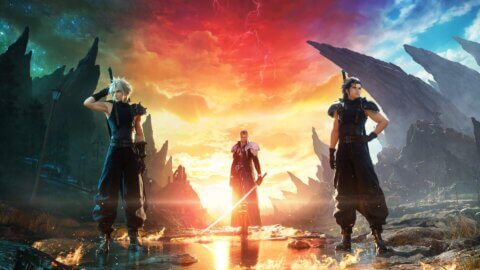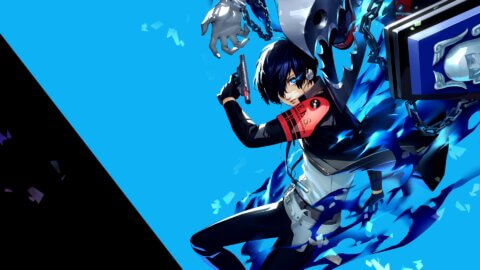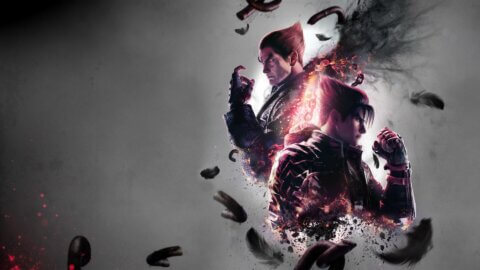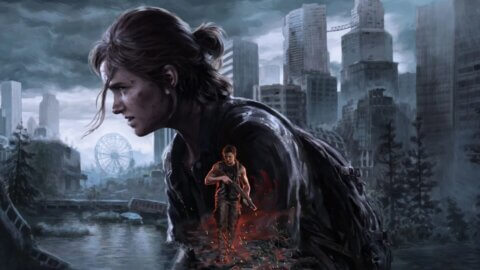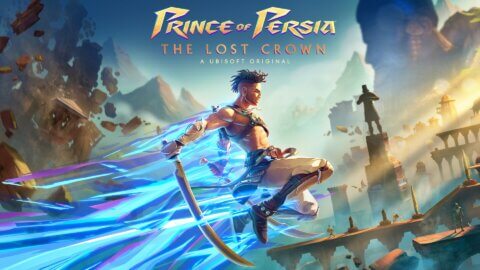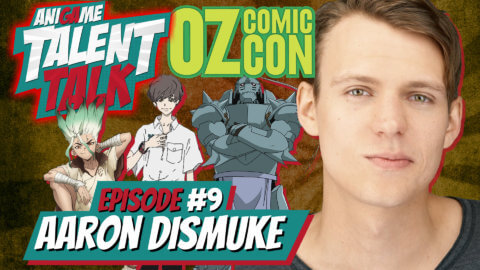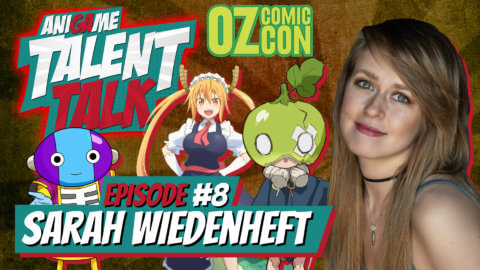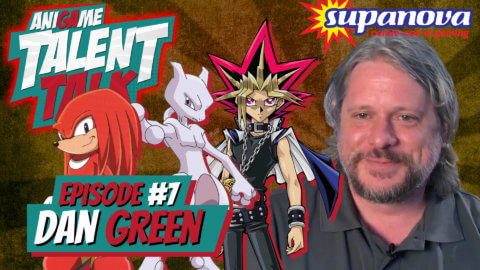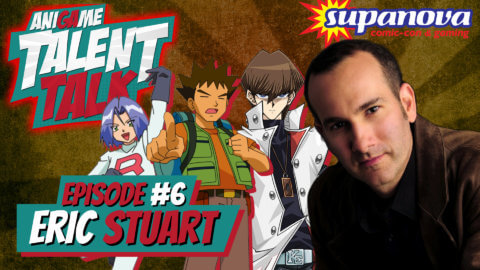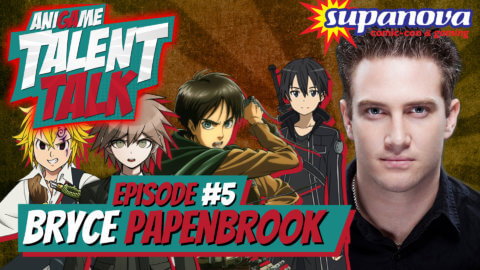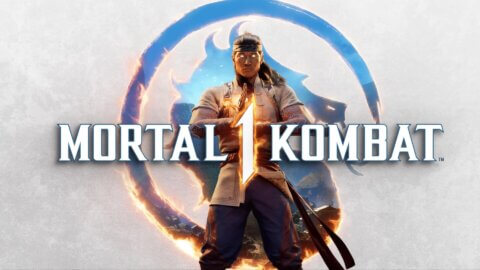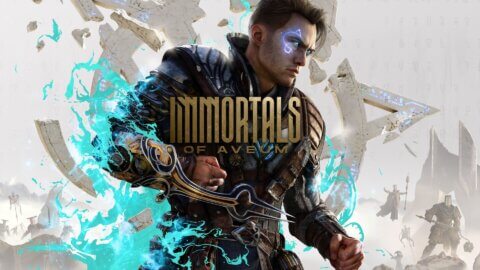In this episode of Talent Talk I sit down and talk with voice actor and improv comedian Shannon McCormick. We discuss how he got started as a voice actor, differences between working on American animation and dubbing anime, how he prepares for new roles and discuss his favourite roles from his career.
Throughout the episode we talk about his roles as Washington in Red vs Blue, Professor Ozpin from RWBY and Quartermaster from Camp Camp.
This interview took place live on location at Supanova Sydney 2019.
Audio Version
Joel: So, how did you get started as a voice actor and what was your first role? Because you also have a traditional acting, right?
Shannon: Yeah, I do. So my first role as a voice actor specifically was I did some minor voices for an old no longer exactly around anime dubbing studio called ADV. They restructured and became a different company and then were bought and then like, bought themselves back and I don’t know haha. But I’m also a stage actor and I do improv and there was an Austin satellite studio of ADV which was based in Houston. And the director, the sound mixer and the translator at that studio were all Austin theatre people. So what happened was, they would cast all of the Austin local theatre folks, as dub actors. And I was in that community and so I started getting cast. The first big role that I got, as a voice actor was Akabane in GetBackers back in like 2002-03 and then they went bankrupt, or they started having problems, they closed this awesome studio and there was no anime work for a long time in Austin. And it was probably like three or four years but I had done some voice acting, so I got called into to work with Rooster Teeth. And I thought that was just going to be a one off little small role. And it’s turned into 12 years of work with those guys.
Joel: So is there any big differences between working with a American based animation studio compared to working on some more traditional anime dubbing studios?
Shannon: Well, so the biggest difference performance wise, is if it’s an original American production or original production from wherever. We just come in, and basically the animators are working off of us.
Joel: So it’s a prelay production?
Shannon: Yeah, so we read the script. Maybe there’s storyboards. But we often aren’t seeing those, they’ve maybe beat-ed it out in storyboards, but the timing of the performance dictates the timing of the animation.
Whereas for dubbing, you’ve got to match the flaps, all of that’s already baked in. So the performance is a lot more technically specific in that you’ve got to, you know, get the emotions, right, but you’re also watching usually the animation, as it’s happening. You might have the Japanese in your ear, as you’re saying the English lines. So it’s a little tricky. The dub is technically a little bit more tricky to pull off, to make it work.
Whereas if you’re doing the animation for an original show, you can just do what you want, the director will tell you if it’s not right or not, but it’s all up to you, you get to set the tone.
Joel: So I’ve spoken to a lot of voice actors and a lot of them say the most important part of the title is the ‘acting’ part. So coming from a traditional acting background, what has that allowed you to bring to a voice acting role? Has it granted any experience that has made you a better voice actor?
Shannon: Um, you know, it’s two things. One, it’s not just reading the lines, you need to tap into the emotion that the characters are feeling and try to understand what those emotions might need so that you can portray them well. But then I think the other thing that comes and that’s helpful coming from, like a stage acting background, well really, this true for any actor, is the ability to take direction. So if that’s not working, if the thing that I’m trying isn’t coming across, or it’s not what the director wants, the ability to quickly understand what a director is saying. ‘Can you make him sound like that, but more disappointed?’ Okay, well, how do I translate that into what I’m doing with my voice? So things like that is really helpful.
Joel: One thing I like to ask voice actors, which is sometimes a bit hard for them, rather than naming your favourite role. Do you have a top three favourite roles that you’ve done in your time as a voice actor?
Shannon: Yeah, so I love doing Quartermaster from Camp Camp because he’s ridiculous. And more than any other character like when I get in the booth, I’m just in character and I just stay in character between takes as I’m talking to people in the booth just trying to crack people up.
It’s going to be the three that I’m most known for. Its Quartermaster, Washington and then Ozpin, would probably my top three. Now I’m trying to think of like obscure voices that maybe I can add to that list. I loved that I got cast as the voice of Constantine in DC Universe Online. Because it almost always happens that British actors play American characters but it was pretty rare for an American actor to get a chance to play a character who’s iconically English. I don’t know how great my accent was, but I got cast in the role and that was pretty fun to do.
So It’s really funny. At the time I was cast, they were I was told, specifically not to play him like the Keanu Reeves Constantine. But now, it’s kind of come back around. Everybody loves Keanu right now. He’s like, he’s a beloved icon right now. And I have a hard time imagining that this day they would say, ‘No, no, no, don’t do it like Keanu did’.
So that movies probably up for a reassessment at some point.
Joel: When approaching a new role, do you tend to come into it with a voice in mind? Or do you take direction from the director to kind of guide the path?
Shannon: That’s a really great question, I usually have cooked something up but usually when I get an audition you’re given a character description, maybe some notes of comparison of like, ‘Oh, this is like such and such a character that you’re familiar with’, or, ‘don’t do it like Keanu’ or whatever. I usually come in with a voice. If I get the role, I’ve almost never gotten that, conception go all the way through to the final product, because the director will have tweaks and spins or different takes on the character than how I imagined it. And then it’s kind of a combination of my original voice and then how it gets shaped by working with the director.
And so like the Quartermaster, I played him a lot more like a yokel, like some sort of a hick, and Jordan really helped, like, ‘No, no, take any kind of inflexion out of his voice and just making like really deadpan’. I was like Oh, okay, that makes sense. So that happens a lot.
Joel: Is there anything fans can look forward to the you’re working on now? And where can they follow your work online?
Shannon: Okay, so the best place to check me out online as I’m pretty active on Twitter right now. @SadOgre
And then, you know, I’ve got voice stuff in the works, that people know about, I have maybe a thing or two that people don’t know about. And then right now I’m kind of writing my own stuff. And then who knows when that will see the light of day, but hopefully someday.
Joel: Thanks so much for your time.
Shannon: Thanks, Joel. Appreciate it.
If you want to see more content like this and never miss one of our frequent gaming and anime giveaways come and Follow Ani-Game on Twitter.
